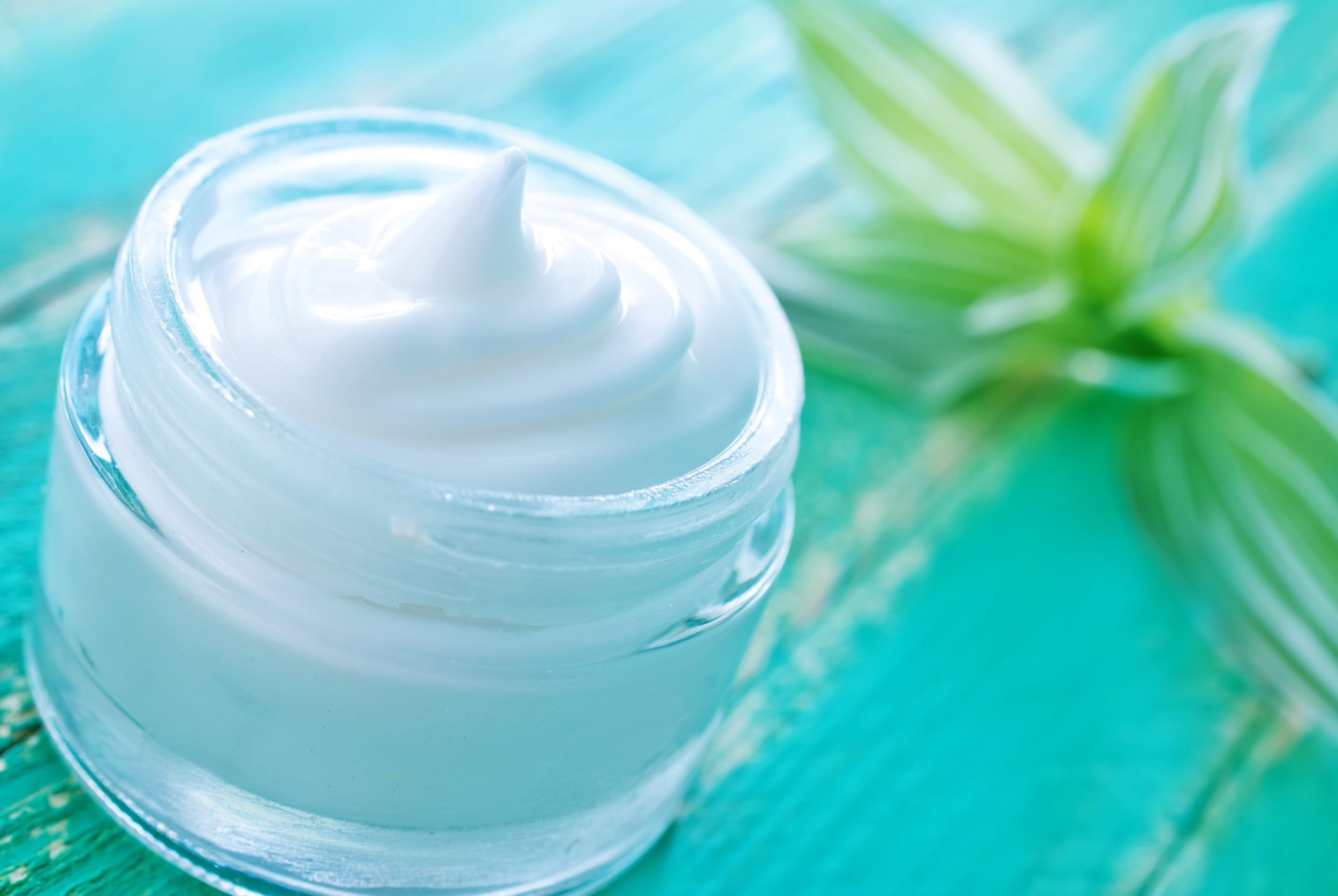30 Mar A Guide to Sensitive Skin and Facials
Sensitive skin is a condition that affects millions worldwide, characterized by a heightened reaction to environmental factors, products, and even stress. It demands a specialized approach, particularly when it comes to facials, which can either be a source of relief or trigger for discomfort. This guide aims to demystify the process of selecting and undergoing facials for those with sensitive skin, ensuring a soothing experience that enhances skin health.
Understanding Sensitive Skin
Sensitive skin is often reactive to common ingredients found in skincare products. It can manifest as redness, itching, burning, dryness, or rashes. The key to caring for sensitive skin is identifying triggers and understanding the ingredients that soothe and protect the skin.
The Right Ingredients for Sensitive Skin
When choosing facial treatments, it’s crucial to look for ingredients that are known to be gentle yet effective. Hyaluronic acid, for instance, is a powerful hydrator that doesn’t irritate. Oat extract, chamomile, and green tea are also excellent for their calming properties. These ingredients help to nourish the skin without causing adverse reactions.
Professional Skin Analysis
Before undergoing any facial treatment, it’s advisable to get a professional skin analysis. This can provide insight into your skin’s specific needs and which treatments will be most beneficial. A thorough analysis can prevent potential reactions and ensure that your facial is tailored to your sensitive skin.
Customized Facial Treatments
Facials for sensitive skin should be customized to avoid any ingredients that might cause irritation. Gentle exfoliation, soothing masks, and serums designed for sensitive skin can all be part of a facial that aims to calm and restore the skin’s natural balance.
Aftercare for Sensitive Skin
Post-facial care is just as important as the treatment itself. Using gentle, fragrance-free products and avoiding harsh environmental conditions can help maintain the benefits of your facial and prevent irritation.
Regular Maintenance
Incorporating regular facials into your skincare routine can help keep sensitive skin in check. Consistent, gentle care can improve the skin’s resilience and reduce the frequency of reactive episodes.
Sensitive skin requires a careful and informed approach, especially when it comes to facials. By understanding your skin and choosing the right treatments, you can enjoy the benefits of facials without fear of irritation. Facials should be a relaxing, pampering experience, and with the right preparation, they can be just that—even for those with sensitive skin. Embrace the journey towards a calmer complexion and trust in the expertise of professionals who specialize in sensitive skin care. Your skin deserves the best, and with a thoughtful approach, you can achieve a radiant, healthy glow.
Disclaimer: This article provides general information and should not replace professional medical advice.

